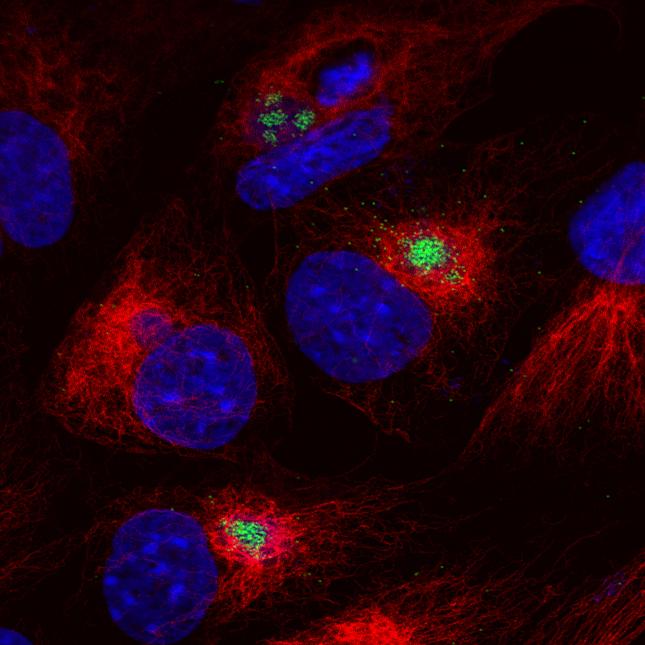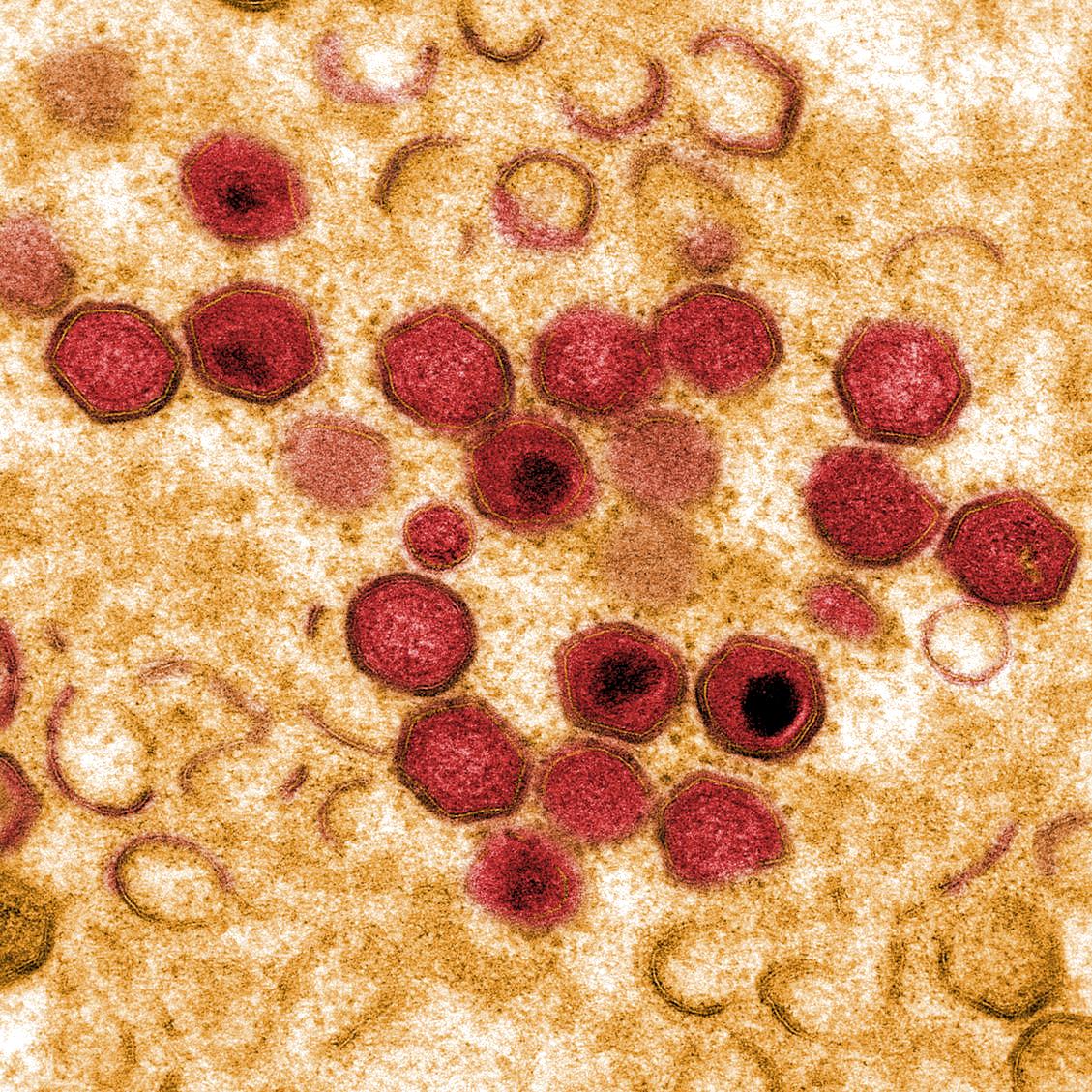In vitro and in vivo antiviral activity of nucleoside analogue cHPMPC against African swine fever virus replication
African swine fever virus (ASFV) causes a haemorrhagic disease affecting wild boar and domestic pigs which can result in morbidity and fatality rates of up to 100%. ASFV is a large double-stranded DNA virus which replicates predominantly in the cell cytoplasm and codes for its replication and transcription machinery. No vaccine is available and control depends on early detection, culling of infected herds and adherence to biosecurity measures. In this study the small molecule nucleoside analogue, cyclic cidofovir (cHPMPC), was evaluated for its ability to inhibit replication of four different ASFV genotypes in primary porcine macrophages. Time of addition studies demonstrated that cHPMPC effectively inhibits ASFV replication and late gene expression when added pre-infection or early post-infection but not when added at late times, suggesting the drug target may be the virus DNA polymerase, or the RNA polymerase involved in late transcription. Oral administration of cHPMPC delayed onset of clinical signs and significantly reduced viral titres in blood and tissues of treated pigs. These results indicate that cHPMPC is a promising compound for further development to control ASFV outbreaks.

